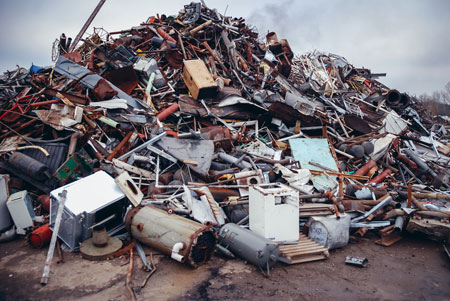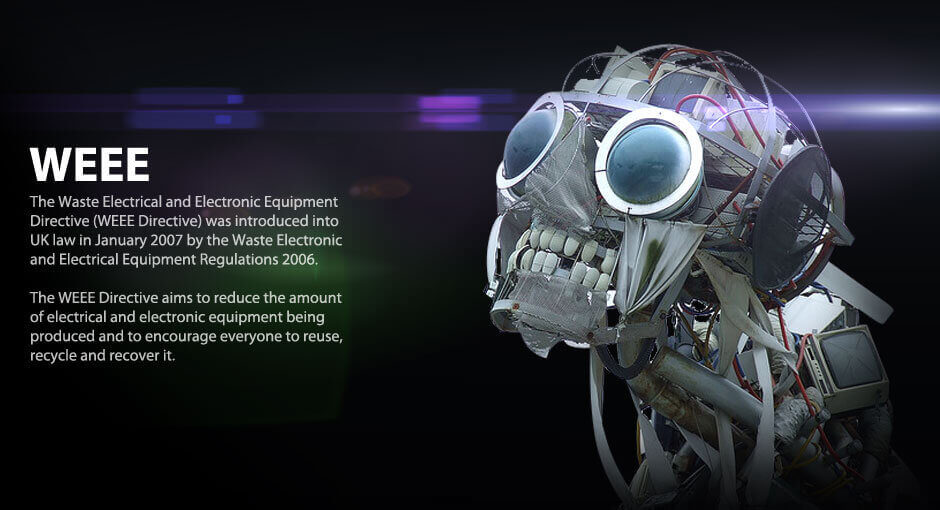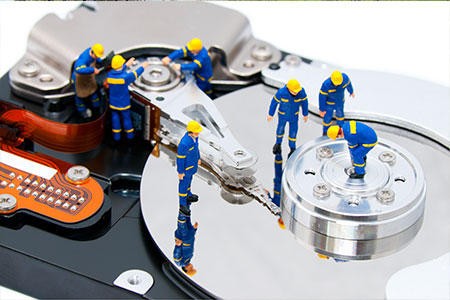Newsletter July 2014
Experts Predict A Wave Of Aircraft Recycling
Its forecast that the aviation industry is facing an aircraft recycling tsunami. Aircraft retirements are predicted to reach over one thousand per year within a decade.
The rapid flow of aircraft for scrapping is to do with a combination of demographics as aircraft reach the end or their serviceable life, low leasing interest rates, relatively high fuel prices and the introduction of many new fuel efficient and quieter aircraft.
Boeing Commercial Airlines suggest that some forty one percent of today’s fleet of aircraft will be leaving service within the next twenty years.


The World’s First Recyclable Cup
Not a lot of people know this, but paper cups are not recyclable. Soon to make its debut on the UK high streets is the “Green Your Cup” which is completely recyclable.
More than 2.5bn paper cups are thrown away each year in the UK. Very few are recycled and the rest end up in landfill. This creates 25,000 tonnes of waste per annum. Enough to fill London’s Royal Albert Hall.
Conventional paper cups are made from paper laminated with plastic. Under EU regulations, coffee cups cannot be made of 100% paper or cardboard alone. They have to have a layer of plastic which is bonded to the inside of the cup to keep your drink warm and to stop the cup going soggy. Almost all recycling plants will reject paper cups as it is almost impossible to remove the bonded plastic from within the cup. The result is they will all end up in a landfill.
Recycling Facts
1) Recycling 1 tonne of Aluminium saves extracting 4 tonnes of bauxite.
2) Making new steel from old scrap steel offers up to a 75% energy saving.
3) Each tonne of recycled paper can save 17 trees, 380 gallons of oil, 3 cubic yards of landfill space, 4000Kw of energy and 7000 gallons of water.
4) Incinerating 1 tonne of waste creates one job. Send the same amount to landfill creates 6 jobs. Recycling the same amount creates 36 jobs.
5) Glass takes up to 4000 years to decompose in landfill yet can be recycled indefinitely.
6) Each year, the average bin contains enough unrealised energy for 500 baths, 3500 showers, or 5000 hours of television.


What Can You Do With The Data On Your Old Hard Drives
Due to the increase in Data Theft over the past few years, we have noticed more and more businesses are holding onto their hard drives from Pc’s/Servers and laptops that are being sent off for recycling.
We recently came across a company which had been storing their hard drives for the last fifteen years and totaled approximately two hundred and thirty in all. This was because the Directors where worried about the data falling into the wrong hands.
What most companies do not realise is they are breaking the law by doing this. Under the Seventh Principal of the Data Protection Act 1998 it states that, all organisations must employ a data destruction service to destroy all redundant and confidential information, which can be in either paper or electronic format. Obviously this also needs to be certified to prove you have done so.








